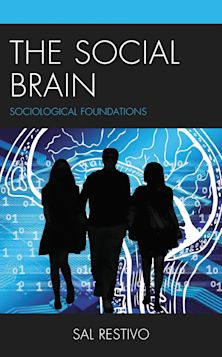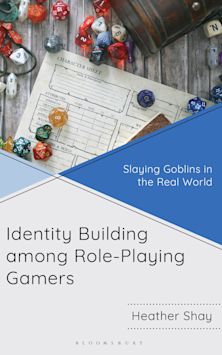Adaptations of Mental and Cognitive Disability in Popular Media
Adaptations of Mental and Cognitive Disability in Popular Media
This product is usually dispatched within 2-4 weeks
- Delivery and returns info
-
Flat rate of $10.00 for shipping anywhere in Australia
Description
Examining representations of mental difference, this collection focuses on the ways that adaptations (including remakes, reboots, and other examples of remixed narratives) can shape and shift the social contexts and narratives we use to define mental disability. The movement of narratives across media via adaptation, or within media but across time and space in the case of remakes and reboots, is a common tactic for revitalization, allowing storytellers to breathe new life into tired narratives, remedying past inaccuracies and making them accessible and relevant for contemporary audiences. Thus, this collection argues that adaptation provides a useful tool for examining the constraints or opportunities different media impose on or afford narratives, or for measuring shifts in ideology as narratives move across cultures or through time. Further, narrative functions within this collection as a framework for examining the ways that popular media exerts rhetorical power, allowing for deeper understandings of the ways that mental disability is experienced by differently situated individuals, and revealing relationships with broader social narratives that attempt to push definitions of disability onto them.
Table of Contents
Whitney Hardin & Julia E. Kiernan
Part I: Imagining and Broadening Narratives of Disability
Chapter One: The Prosthetic Self: Drag and Disability in the Figure of RuPaul
John W. Gulledge
Chapter Two: Adapting Medical Reports into Narrative Film: Autism, Eugenics, and Savagery in Truffaut's L'Enfant sauvage (The Wild Child, 1970)
Joy C. Schaefer
Chapter Three: Remaking the Image of Autism: Why and How Comics Should Reboot Autistic Representation
Robert Rozema
Chapter Four: An Atypical Interaction with a Typical World: Viewing Coming-of-Age through the Lens of Disability Studies in Robia Rashid's Atypical
Anamika Purohit
Chapter Five: “But can we agree that he's unwell?”: Narrative Resistance in Legion's Approach to Mental Disability
Julia E. Kiernan
Chapter Six: Diagnosing Mental and Moral Disability in Post 9/11 Popular American Film Narrative
Carol Donelan
Part II: Renegotiating and Resisting Narratives of Disability
Chapter Seven: “A document in madness”? Disability Erasure in C
Product details
| Published | 31 Mar 2022 |
|---|---|
| Format | Hardback |
| Edition | 1st |
| Extent | 234 |
| ISBN | 9781793648310 |
| Imprint | Lexington Books |
| Illustrations | 8 b/w photos; |
| Dimensions | 227 x 162 mm |
| Series | Remakes, Reboots, and Adaptations |
| Publisher | Bloomsbury Publishing |
Reviews

ONLINE RESOURCES
Bloomsbury Collections
This book is available on Bloomsbury Collections where your library has access.



































